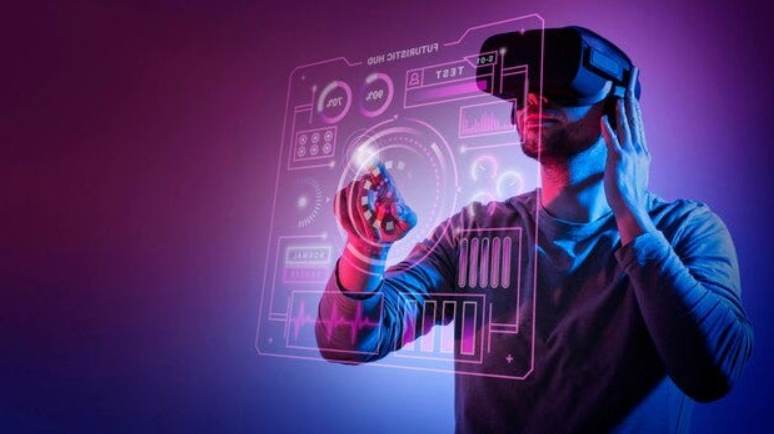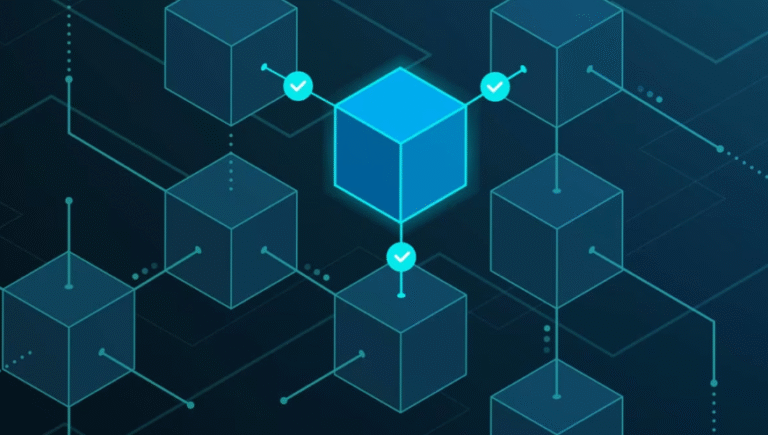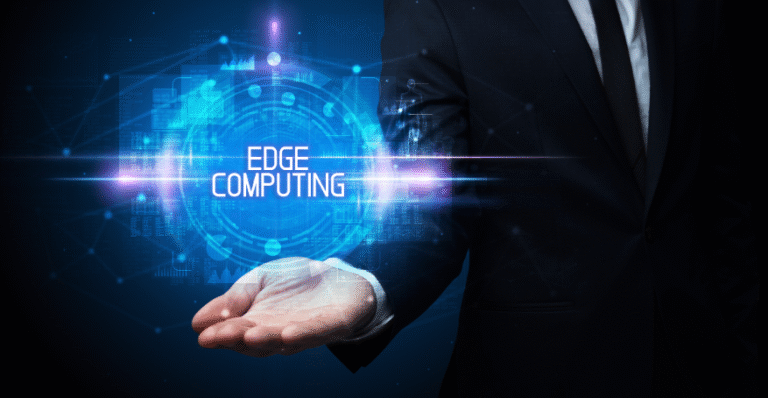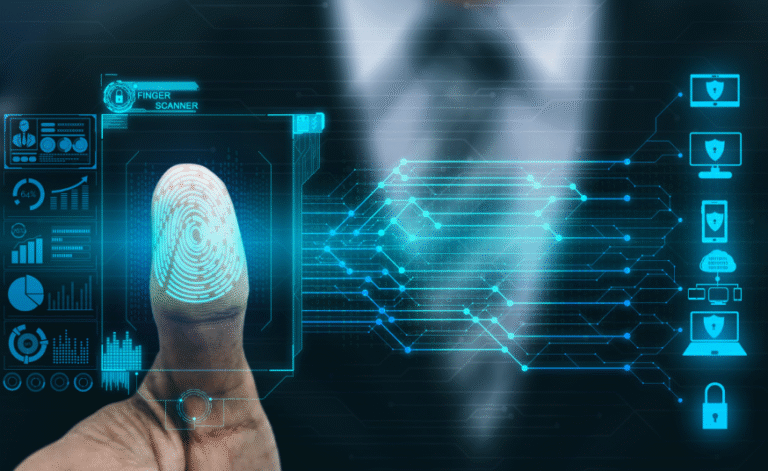Top Tech Trends to Watch in 2025
As 2025 approaches, significant tech trends emerge that will redefine industries and daily life. The integration of artificial intelligence and machine learning will enhance decision-making processes across sectors. Concurrently, quantum computing is set to alter the landscape of computational capabilities. Furthermore, the fusion of 5G and IoT will pave the way for smarter cities. Yet, amid these advancements, critical ethical considerations arise, prompting questions about the balance between innovation and individual rights.
The Rise of Artificial Intelligence and Machine Learning
As organizations increasingly recognize the transformative potential of technology, the rise of artificial intelligence (AI) and machine learning (ML) is poised to redefine industries in 2025.
The ethical implications surrounding AI ethics will be paramount, guiding the responsible deployment of machine learning applications.
This evolution promises enhanced decision-making capabilities, fostering innovation while necessitating vigilant oversight to ensure freedom and equity across diverse sectors.
See also: Understanding the Role of Blockchain in Digital Identity Protection
Quantum Computing: The Next Frontier
Quantum computing stands at the precipice of revolutionizing computational power, offering unprecedented capabilities that could reshape industries by 2025.
Achieving quantum supremacy will enable breakthroughs in problem-solving, while quantum cryptography promises unparalleled security for data transmission.
As these technologies evolve, they will empower individuals and organizations, fostering a new era of innovation and autonomy in the digital landscape, liberating potential previously constrained by classical computing.
The Expanding Role of 5G and IoT in Everyday Life
While many technologies vie for attention in the rapidly evolving digital landscape, the convergence of 5G and the Internet of Things (IoT) is poised to redefine everyday experiences by 2025.
Smart cities will emerge, supported by connected devices that ensure enhanced connectivity.
However, as this integration deepens, prioritizing data privacy will be crucial to safeguard individual freedoms within this increasingly interconnected world.
Conclusion
As we stand on the brink of 2025, the technological landscape resembles a vast ocean, with waves of artificial intelligence, quantum computing, and interconnected devices poised to reshape our reality. These advancements promise to enhance decision-making and connectivity, yet they also require careful navigation to avoid the treacherous waters of ethical dilemmas. Embracing these innovations while prioritizing equity and individual freedoms will be crucial to ensuring a harmonious future in this rapidly evolving digital age.






